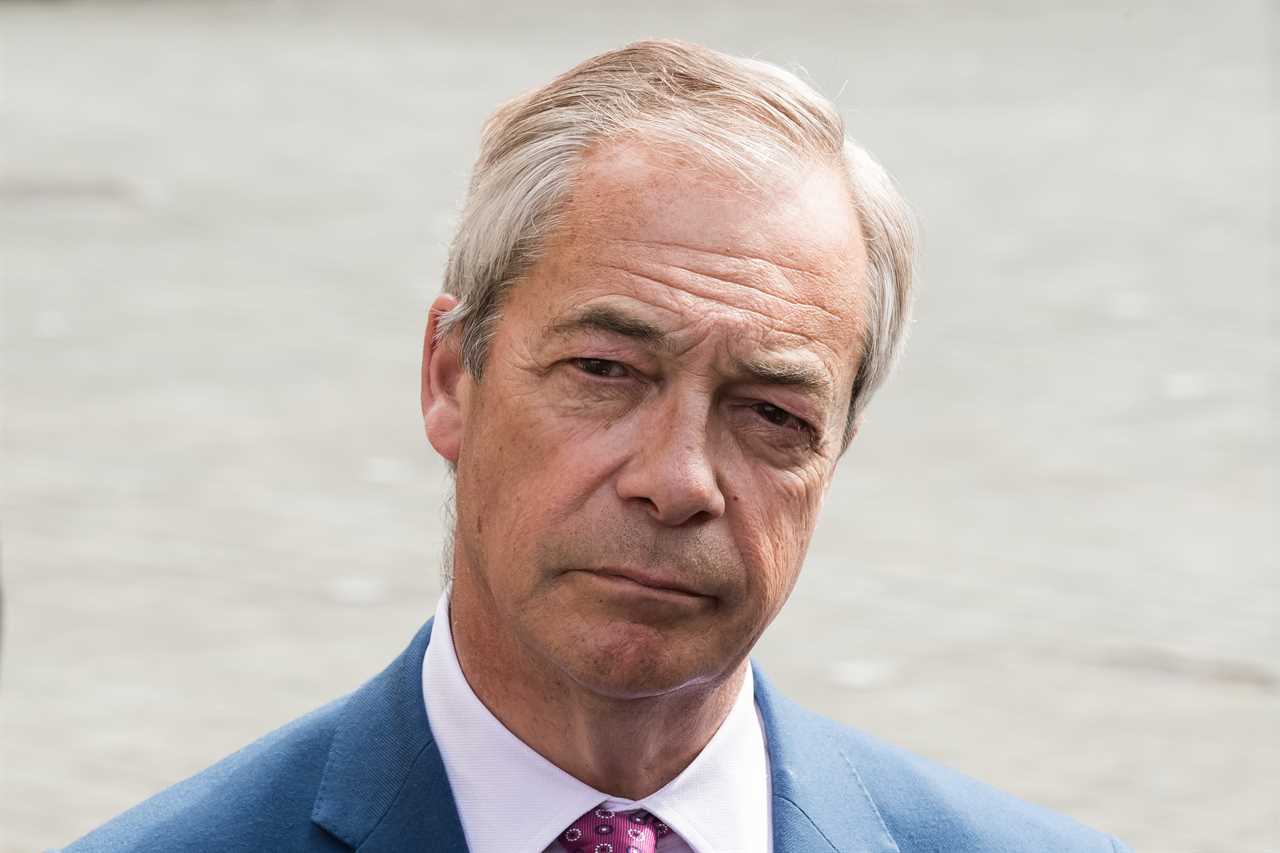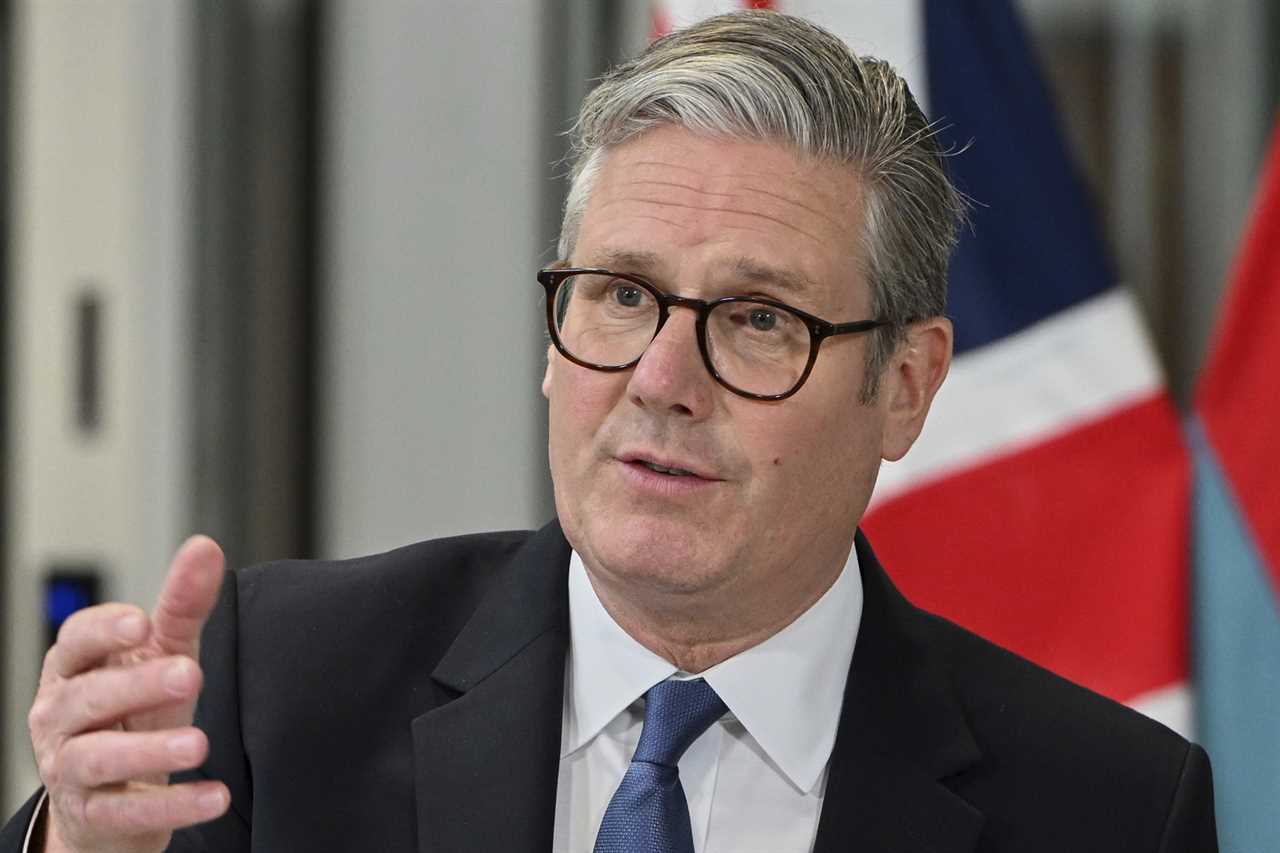
In the midst of political upheaval, Nigel Farage is poised to announce his commitment to reinstating winter fuel payments for all pensioners and abolishing the two-child benefit cap, a move projected to attract left-leaning voters. This strategic shift follows Sir Keir Starmer's recent policy reversal that left millions uncertain about their financial support, intensifying internal strife within the Labour Party.
The wider context: Political Maneuvering Amid Welfare Reforms
Farage's positioning comes at a critical juncture, with Reform UK gaining momentum in the wake of electoral successes. As Starmer grapples with internal dissent over welfare policies, including the contentious winter fuel allowance, the political landscape is fraught with competing visions for social support. The repercussions of these decisions extend beyond mere policy debates, shaping the lives of vulnerable individuals and families.
Challenges of Social Welfare Realignment
Starmer's recalibration of welfare benefits underscores the complexities of addressing poverty and social inequality in a post-pandemic era. While the government aims to mitigate child poverty through potential reforms, the delayed implementation and bureaucratic hurdles risk leaving many in need without timely assistance. The intricate dance between political expediency and social welfare imperatives underscores the delicate balance required in policymaking.
Structural Inequities and Policy Implications
Behind the political posturing lie entrenched structural inequities that perpetuate economic disparities, particularly impacting vulnerable groups like pensioners and low-income families. The debate over welfare reforms illuminates broader societal issues of wealth distribution and social justice, underscoring the need for comprehensive policies that address root causes rather than mere symptoms of poverty.

As the political landscape evolves, the choices made by leaders reverberate far beyond party lines, shaping the future trajectory of social welfare and economic justice in the UK. The competing narratives of Farage and Starmer offer distinct visions for addressing the challenges of poverty and inequality, reflecting divergent approaches to social policy and economic governance.






